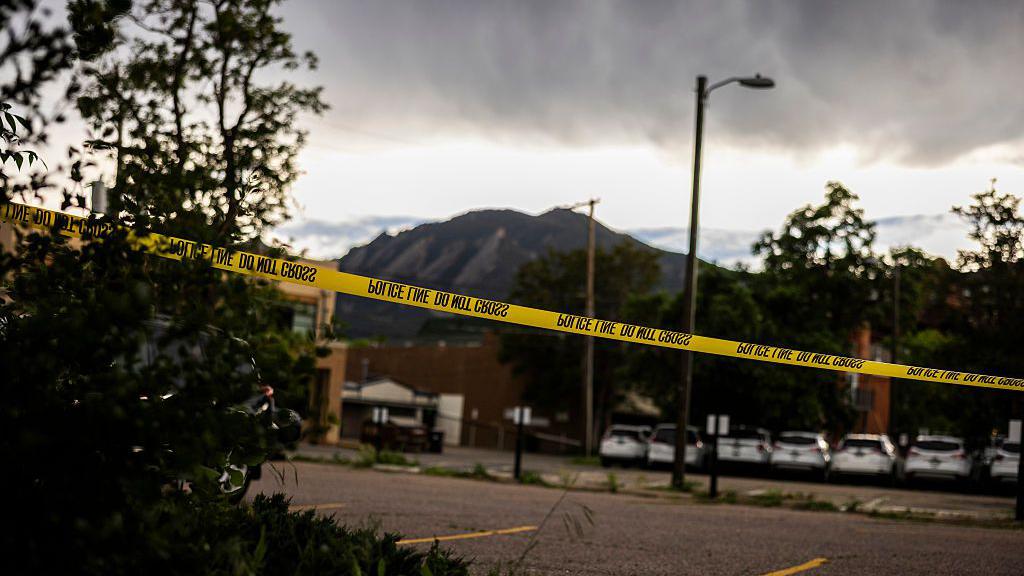Introduction
In a shocking incident that has shaken Boulder, Colorado fire attack, Mohammed Sabry Soliman allegedly planned and executed a Molotov cocktail attack targeting pro-Israel demonstrators. The attack, which injured eight people, was reportedly planned for over a year, underscoring growing concerns about hate crimes in the US. This blog dives deep into the incident, the suspect’s motives, and the broader context of rising antisemitic violence linked to the Israel-Gaza conflict.
Details of the Colorado Fire Attack

The attack took place at the Pearl Street Mall during a march organized to raise awareness about Israeli hostages in Gaza. Soliman threw two incendiary devices into the crowd while shouting “Free Palestine.” Law enforcement later discovered 16 unlit Molotov cocktails and a backpack containing gasoline near the scene.
Among the victims was Rabbi Israel Wilhelm, a Holocaust survivor, highlighting the profound symbolic impact of the attack. Injuries ranged from minor burns to serious wounds, and twelve victims were hospitalized.
The Suspect’s Background and Motive
Mohammed Sabry Soliman, a 45-year-old Egyptian national, has been charged with federal hate crimes, attempted murder, assault, and use of explosive devices. Investigators revealed he planned the attack for a year and chose the date to follow his daughter’s high school graduation.
Soliman reportedly expressed deep hatred toward Zionists and justified his actions by citing opposition to Israeli control over Palestinian lands. Due to immigration status restrictions, he was unable to obtain firearms and turned to Molotov cocktails after researching how to make them online.
Legal and Social Implications
Soliman appeared briefly in court via video from Boulder County Jail. The incident is being treated as a hate crime, reflecting the ongoing rise of targeted violence against Jewish communities amid the Israel-Gaza conflict. Officials confirmed he acted alone, but this event raises questions about domestic security and the efficacy of early threat detection.
President Donald Trump and other political figures have commented on the attack, sparking debates about immigration policies and border security.
Context: Rise in Antisemitic Attacks in the US

This attack is part of a disturbing pattern of violence against Jewish communities in the US in 2025, with similar incidents reported in Washington D.C. and Pennsylvania. The Israel-Gaza war, which began in late 2023, has intensified tensions and led to a spike in hate crimes.
Community leaders urge vigilance and stronger legal measures to protect vulnerable groups and promote tolerance.
Conclusion
The Colorado fire attack is a stark reminder of the dangerous consequences of hate-fueled violence. It highlights the need for robust law enforcement, community support, and public awareness to combat hate crimes effectively. As the investigation continues, authorities and communities alike must work together to prevent such tragedies in the future.
Stay informed and support peace initiatives to counter hate crimes and build safer communities
